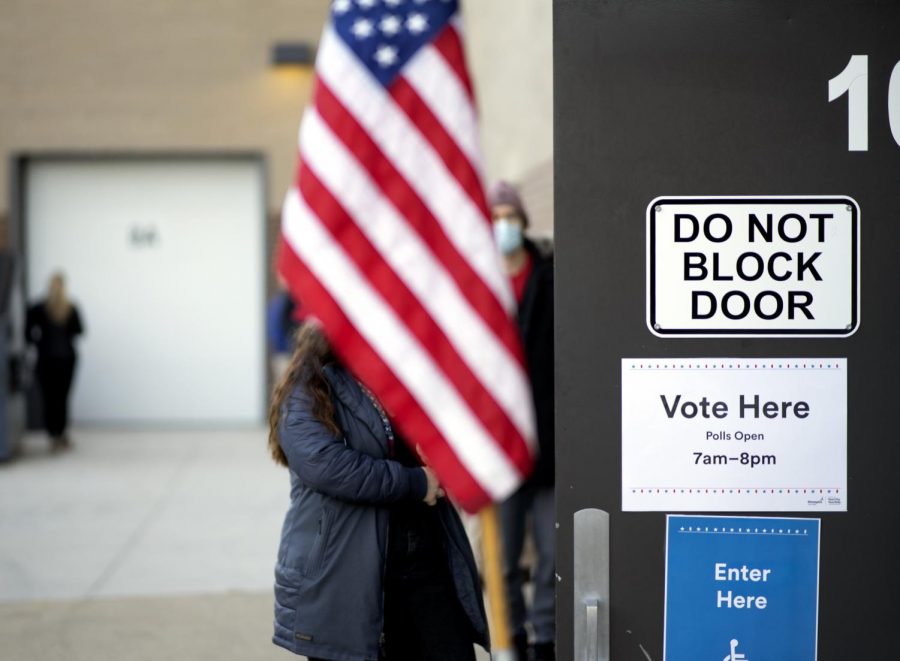On Feb. 1, Minnesota political parties will hold their precinct caucuses statewide at 7:00 p.m., starting the voting process for the 2022 midterm elections.
The Minneapolis DFL opted for a “contactless” option and the District 5 GOP will hold an in-person caucus at DeLaSalle High School on Nicollet Island.
Caucuses are a way for voters to help choose candidates to be selected at the state conventions, select important messages for political platforms and choose delegates to represent local values at the state conventions later in the year.
“It’s a really great opportunity for young people to really voice and live their values and move the party and politics and policies forward that align with their interests and their values,” said Carter Yost, president of the College Democrats of Minnesota.
Kathryn Pearson, a political professor at the University of Minnesota said caucuses are for individuals who only identify with a particular party. Caucuses, she continued, are where “party decisions are made.” This includes endorsing candidates for the state conventions or specific parts of a party platform.
All political parties will hold state conventions and primaries later in the year for local, state and national races to solidify candidates and issues with the help of delegates chosen during the caucus.
How to participate
DFL voters can fill out an online or physical form; the physical form needs to be printed and dropped off at a pre-designated space. There will be two places on the University campus: the Law School and Coffman Union.
“This year’s caucuses are simple: attendees just fill out an online form, [then] submit. That’s it,” said Doron Clark, Secretary of Senate District 60, who is helping to organize the DFL’s local caucus. “There’s a little bit more if they want to be a delegate to the Senate District Convention, county convention, the City Convention or be on any of our organizing committees. [Voters] just check a box.”
Clark predicted it would take seven to ten days to count all of the results from the drop-off boxes around District 60 and the online results.
In 2021, the DFL utilized a contactless caucus for local races, such as Minneapolis’s mayor. However, this year will be the first time it is used for local, statewide and national offices.
The Fifth Congressional District GOP will run a more traditional caucus at DeLaSalle High School.
“It’s going to be normal, except that DeLaSalle and the city of Minneapolis have some COVID protocols in place,” said Alec Beck, Chair of the Republican Fifth District Organization. “We’re going to observe those and so it won’t be quite normal, but our people feel comfortable in that context.”
According to the Secretary of State’s website, in order to participate, a voter needs to ensure they are registered to vote in the upcoming election and attend their specific precinct for their current address.
Caucuses are a way for students to get involved and help put their ideas out onto the party platform. But typically speaking, Pearson said, students and younger voices are underrepresented because they do not show up to participate in caucuses.
“People 18 to 25 are less likely to turn out to vote than older Americans, and that difference in turnout is even greater at the caucus level,” Pearson said. “So you’re even less likely to see young people populate the convention floor as delegates.”
In addition to voicing political values and helping to set an agenda for the state parties, caucuses are a way to meet people with similar ideas around the neighborhood.
Sam Law, District 60 Board Director, said caucusing is a time where meeting neighbors and discussing politics is a welcomed experience and will miss the camaraderie this year.
“The grassroots groups of people tends to be as social as much as anything else,” Beck said. “Senate District 60 meets once a month and we meet in a bar, and it’s just fun.”
Check out the Secretary of State’s caucus finder to find more information on local caucuses.













